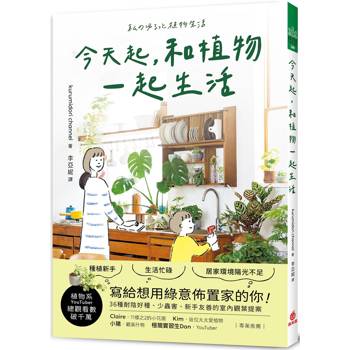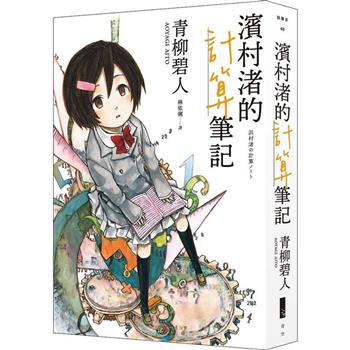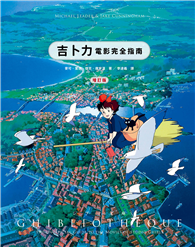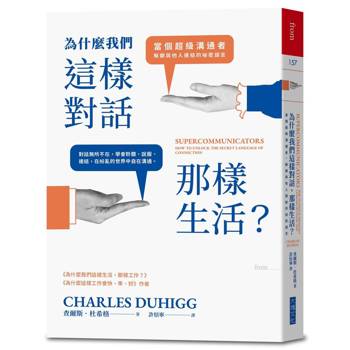Writers of the late seventeenth and early eighteenth centuries--a period of vast economic change--recognized that the global trade in alcohol and tobacco promised a brighter financial future for England, even as overindulgence at home posed serious moral pitfalls. This engaging and original study explores how literary satirists represented these consumables--and related anxieties about the changing nature of Britishness--in their work. Riley traces the satirical treatment of wine, beer, ale, gin, pipe tobacco, and snuff from the beginning of Charles II’s reign, through the boom in tobacco’s popularity, to the end of the Gin Craze in libertine poems and plays, anonymous verse, ballad operas, and the satire of canonical writers such as Gay, Pope, and Swift. Focusing on social concerns about class, race, and gender, Consuming Anxieties examines how satirists championed Britain’s economic strength on the world stage while critiquing the effects of consumable luxuries on the British body and consciousness.
| FindBook |
有 1 項符合
Consuming Anxieties: Alcohol, Tobacco, and Trade in British Satire, 1660-1751的圖書 |
 |
Consuming Anxieties: Alcohol, Tobacco, and Trade in British Satire, 1660-1751 作者:Riley 出版社:Bucknell University Press 出版日期:2024-06-14 語言:英文 規格:平裝 / 210頁 / 普通級/ 初版 |
| 圖書館借閱 |
| 國家圖書館 | 全國圖書書目資訊網 | 國立公共資訊圖書館 | 電子書服務平台 | MetaCat 跨館整合查詢 |
| 臺北市立圖書館 | 新北市立圖書館 | 基隆市公共圖書館 | 桃園市立圖書館 | 新竹縣公共圖書館 |
| 苗栗縣立圖書館 | 臺中市立圖書館 | 彰化縣公共圖書館 | 南投縣文化局 | 雲林縣公共圖書館 |
| 嘉義縣圖書館 | 臺南市立圖書館 | 高雄市立圖書館 | 屏東縣公共圖書館 | 宜蘭縣公共圖書館 |
| 花蓮縣文化局 | 臺東縣文化處 |
|
|
圖書介紹 - 資料來源:博客來 評分:
圖書名稱:Consuming Anxieties: Alcohol, Tobacco, and Trade in British Satire, 1660-1751
|











